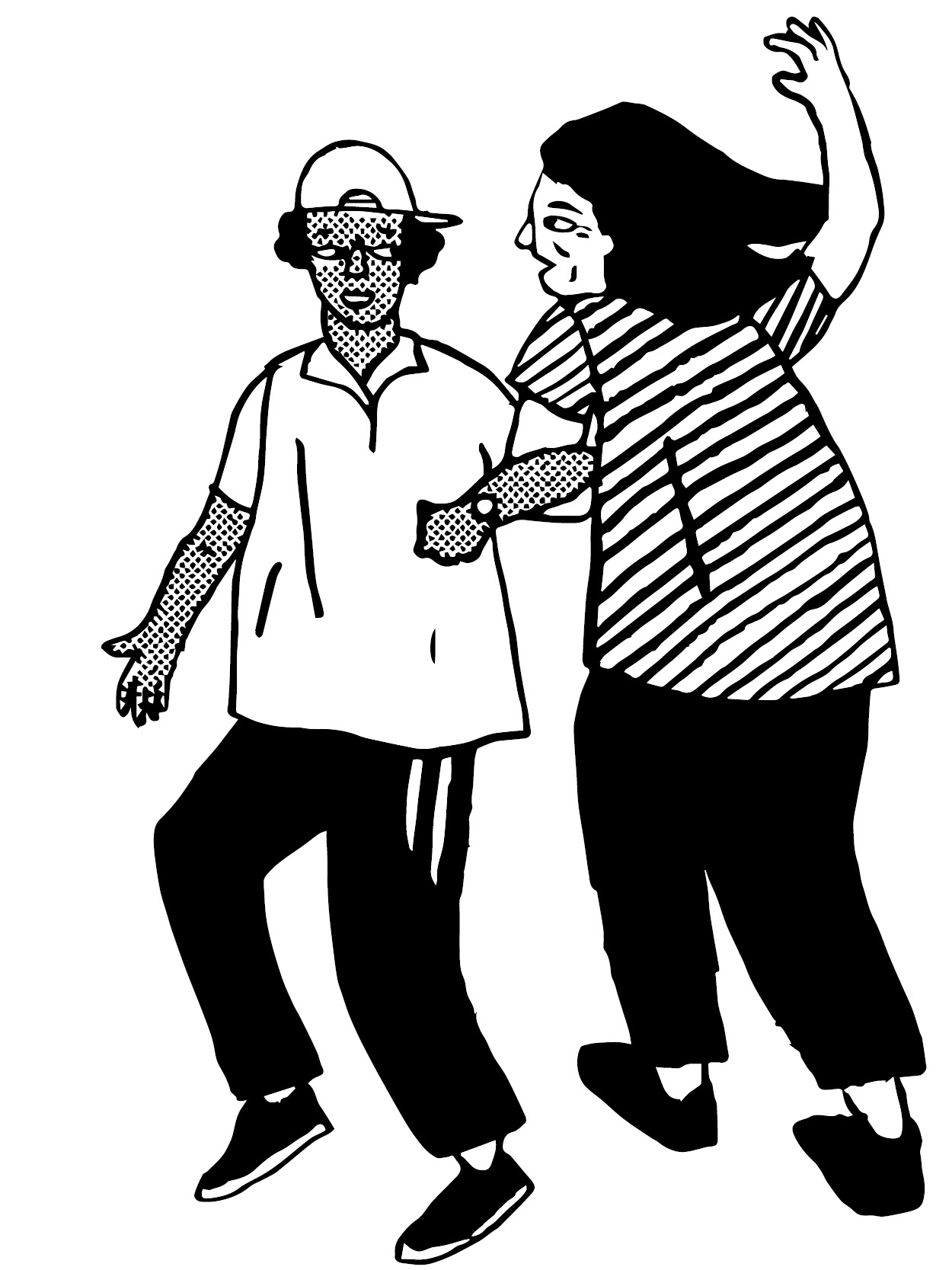Percy Grainger
Percy Grainger
(1882-1961)
Percy Aldridge Grainger is one of the most eccentric and pioneering figures in the history of British folk. Born in Victoria, Australia, he spent his childhood in Melbourne, where he was privately educated under the guidance of his musically gifted mother. By 1895, Percy’s obvious talent with the piano led him to pursue studies in Germany. At the Hoch Conservatorium he socialised with several older British students and fell under the spell of Rudyard Kipling, whose writing he would compose settings for later. Percy’s work as a composer was to become a significant gift to English composition – something he himself recognised. He once famously created a list of best composers, rating himself 9th above both Mozart and Tchaikovsky.
From 1901 to 1914, Percy worked as a concert pianist and private teacher in London, and like much of the English musical establishment of this period, he became fascinated with folk song. In 1905 he set out to collect songs and tunes, initially in Lincolnshire. Innovative by temperament, unlike most of his contemporaries he became an enthusiastic supporter of the Edison Phonograph as a means of collecting and began using it at Brigg the following year, recording the now legendary Joseph Taylor. As a composer, a performer and a song collector he loathed the dominance of classical form in music. "These folk-singers were the kings and queens of song!" he declared. "No concert singer I ever heard, dull dogs that they are, approached these rural warblers in variety of tone quality, range of dynamics, rhythmic resourcefulness and individuality of style."
With the outbreak of war in 1914, Grainger and his mother moved to New York. He took up American citizenship in 1918, and in 1921 settled in White Plains, New York. From 1914- 22 Percy’s career skyrocketed. As a pianist he entered into lucrative piano-roll and gramophone recording contracts, and performed as a Steinway artist across the country with. His setting of a morris dance tune, Country Gardens became an instant hit in 1919 as In An English Country Garden. It remains his best-known work.
From 1952 he gave occasional lectures and educational concerts until he was in his late seventies, despite worsening health. Percy died in White Plains Hospital, New York, on 20 February 1961.
The Percy Grainger hecktographs of collected songs are currently at the Vaughan Williams Memorial Library, London. They cover the period 1905-1926 and the areas of Lincolnshire, Gloucestershire, London and Australia.
Browse Percy Grainger's collection in The Full English digital archive.











